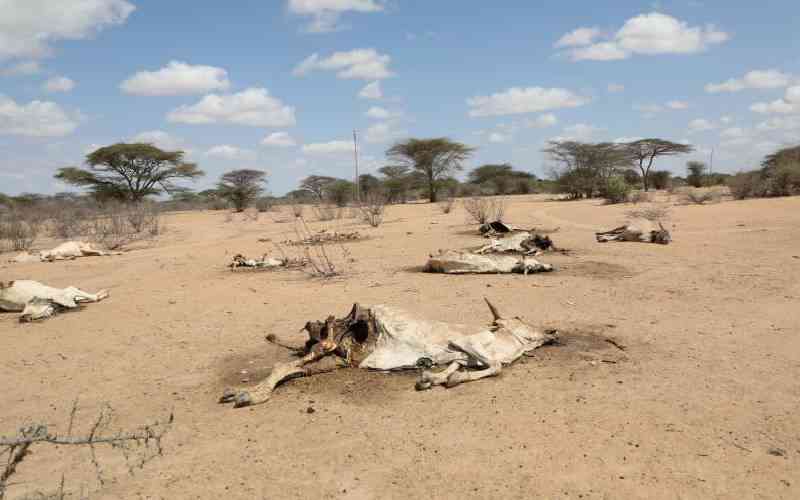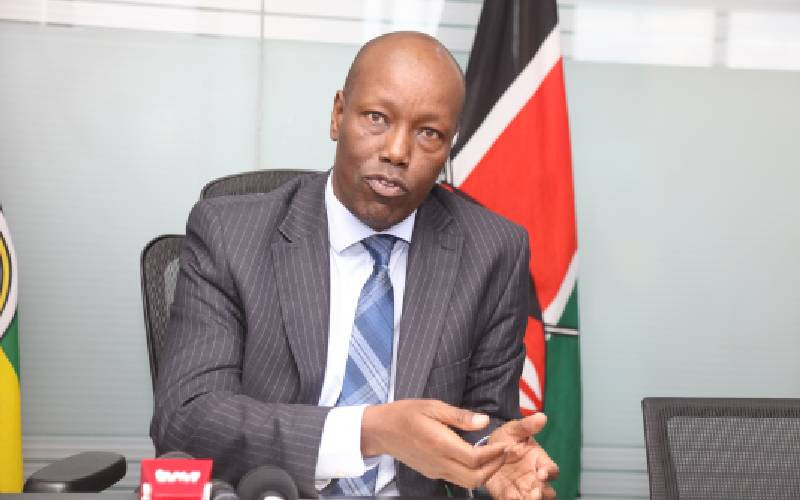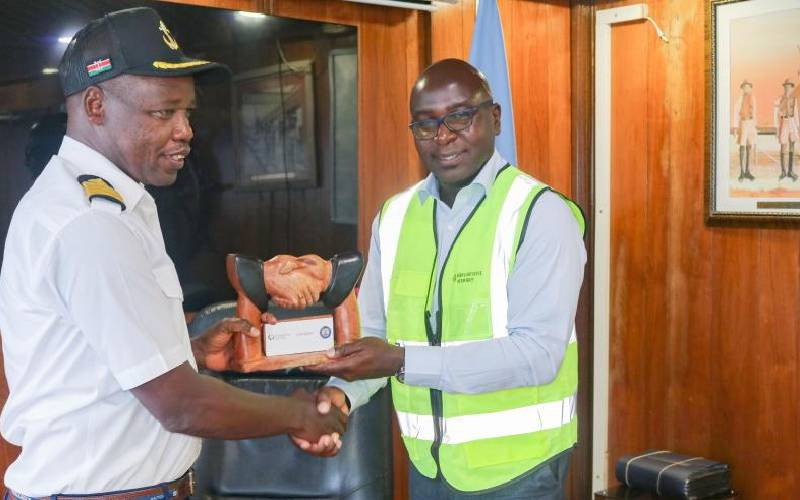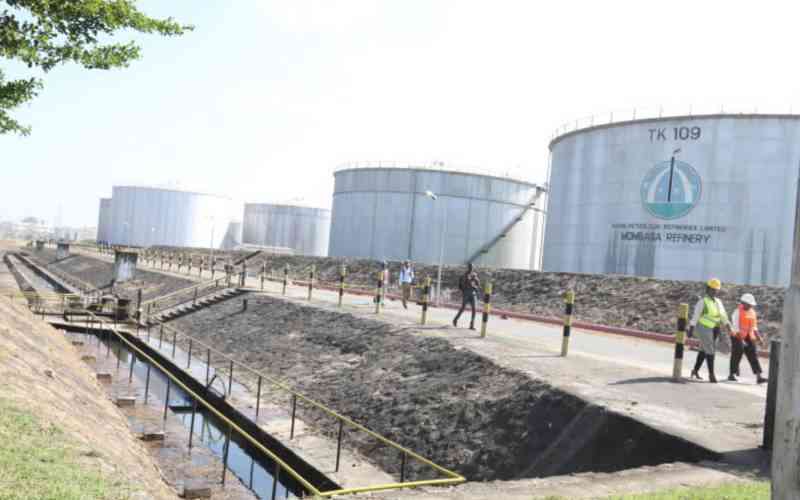
A sculpture made by Indian sand artist Sudarsan Pattnaik depicting former US President Donald Trump after he won a sweeping victory in the US presidential election in Puri of India's Odisha state on November 6, 2024. [AFP]
Former US President Donald Trump's election victory has sparked widespread concern among climate leaders around the world. His campaign, which includes elements of climate denial, poses significant challenges to global climate efforts. However, officials stress that the transition to clean energy will continue, regardless of political setbacks.







